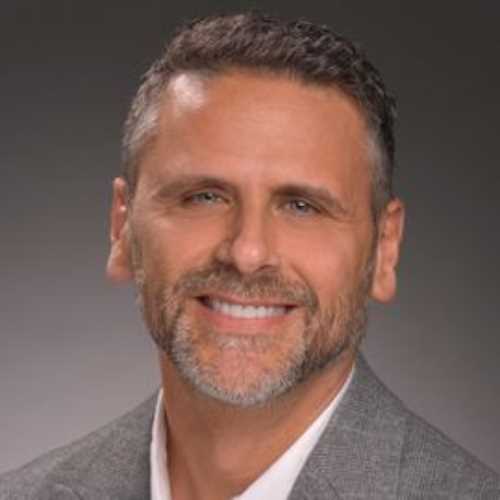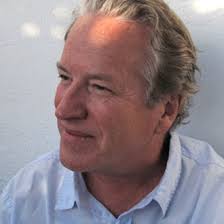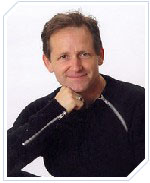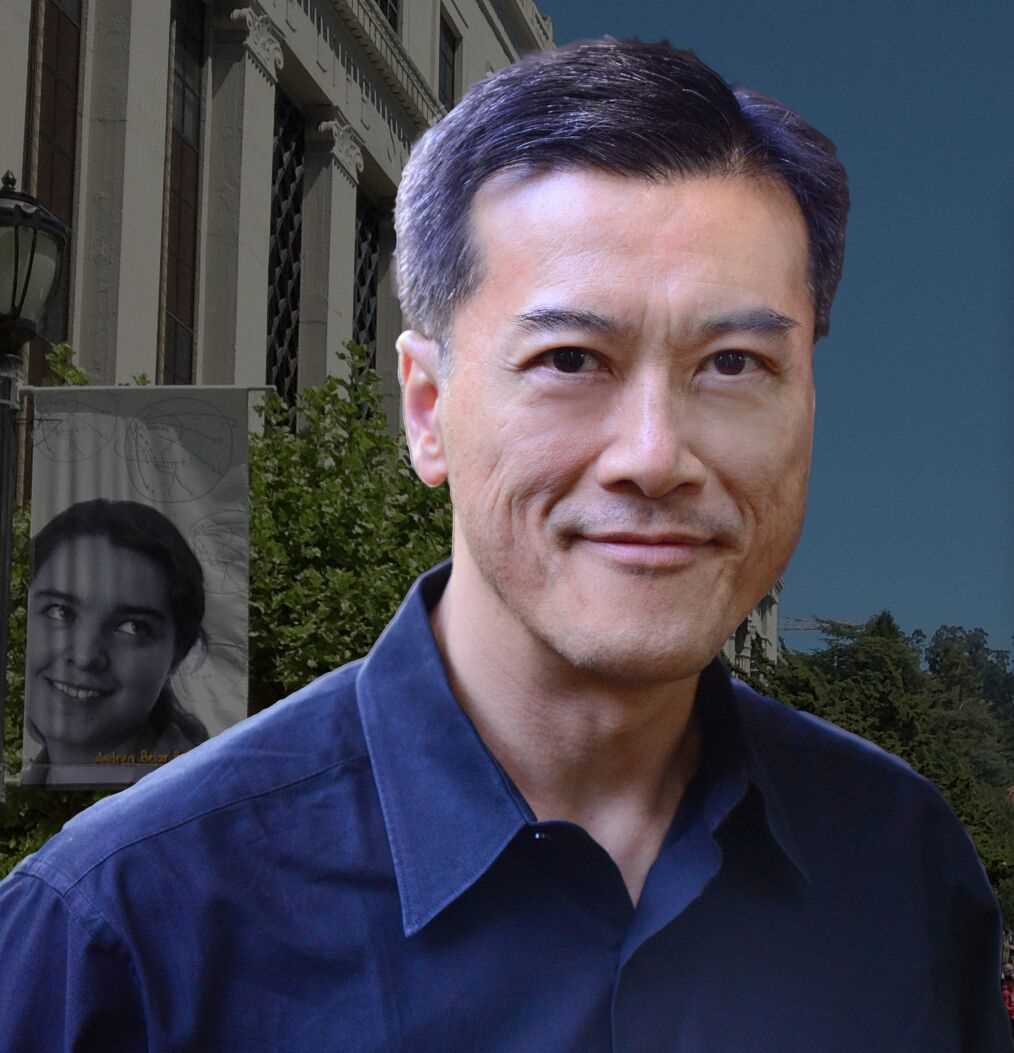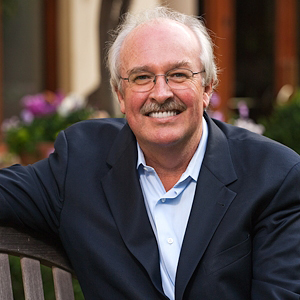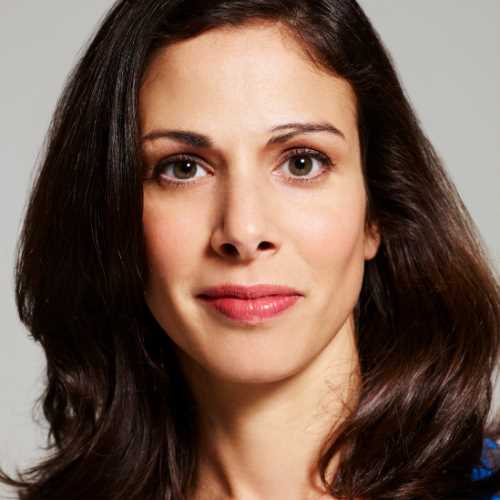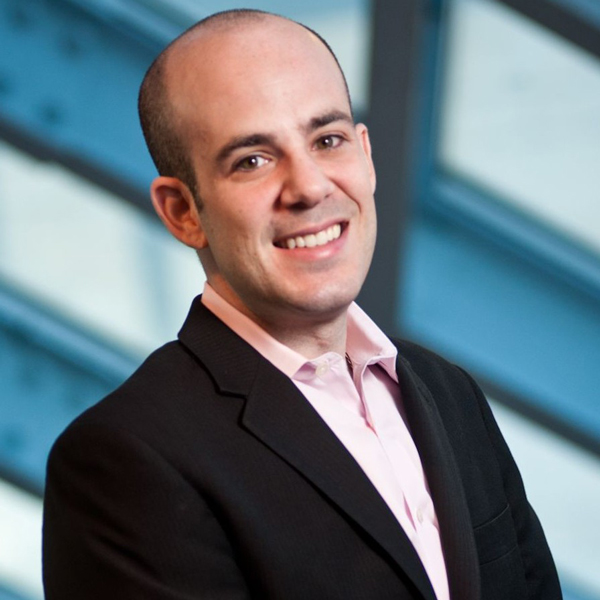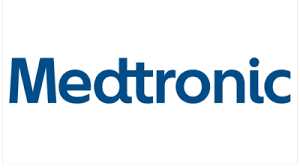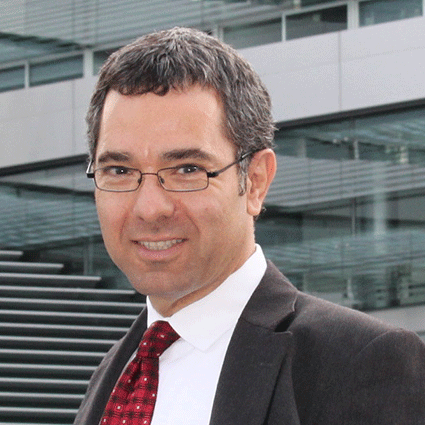
Tony Seba
- Lecturer in Clean Energy and Entrepreneurship,
- Entrepreneur, Author
- Keynote Speaker on the Future of Energy
In Person-Fee 🛈
$50,000 - $100,000
Virtual Fee:
$30,000 - $50,000
Travels From
California
Tony Seba Speaker Biography
Tony Seba is a Lecturer in Entrepreneurship, Disruption and Clean Energy at Stanford University, a serial Silicon Valley entrepreneur, author, and thought leader. His work focuses on clean energy, entrepreneurship, market disruption, and the technology trends that are leading to the disruption of the world’s major industries, such as energy, transportation, manufacturing and infrastructure.
A sought-after educator and speaker, Seba has keynoted at organizations as varied and influential as Google, the California League of Cities, Institute for the Future, and the Inter-American Development Bank.
At Stanford University he teaches entrepreneurs and executives how to anticipate disruption and create successful and disruptive businesses. His courses include “Anticipating and Leading Market Disruption”, "Clean Energy and Transportation - Market and Investment Opportunities", "Finance for Entrepreneurs" and “Business and Revenue Model Innovation”. He also teaches regularly at Singularity University, at top business school around the world, and in-company at some of the world's top high tech companies such as Google and Cisco.
Mr Seba has been an advisor in the development of hundreds of megawatts of solar and wind projects. He is also an advisor to policy makers, venture capital investors, technology companies, and startup accelerators.
A serial Silicon Valley entrepreneur, Seba was an early employee at Internet leaders Cisco Systems and RSA Data Security where he managed strategic planning and business development. He was the founder and CEO of venture-backed PrintNation.com, which disrupted the 4th largest manufacturing industry in America: commercial printing. He has won numerous ‘best-of’ awards including Forbes ‘Best of the Web’ and Upside ‘Hot 100’ and has been featured in the world’s top technology entrepreneurship media.
Tony Seba holds a B.S. in Computer Science and Engineering from the Massachusetts Institute of Technology and an M.B.A. from Stanford University Graduate School of Business.
To book Energy speaker Tony Seba call Executive Speakers Bureau 901-754-9404.
Strategy in the Age of Disruption
Technology Megatrends and Keys to Understanding, Anticipating and Leading Market Disruption.
This is the age of Permanent Disruption where every business in every industry now faces constant existential threats. The combination of exponentially improving technologies, rapid business model innovation, and instant access to global investors are enabling disruptors to create new markets and destroy trillions of dollars of incumbent revenues at an ever-faster pace. Trillion dollar industries on the cusp of major disruption include telecoms, energy, transportation, manufacturing, retail, finance, apparel, health care, real estate, construction and education. Traditional strategy is obsolete and choosing to wait until these technologies are fully developed is choosing to be disrupted.
How can you anticipate and lead market disruption rather than be surprised when it is too late for your company or industry to react? How can you become the disruptor rather than disrupted? Tony Seba will present examples of exponential technologies such as robotics, 3D printing, sensors, the internet of things, machine learning, big data, electricity storage, autonomous vehicles, solar, electric vehicles, cloud computing, e-money, and others, and show incisive new business models and product architectures that may soon disrupt your business.
Clean Disruption of Energy and Transporation
How Silicon Valley is making Oil, Nuclear, Natural Gas, Coal, Electric Utilities and Conventional Cars Obsolete by 2030
We are on the cusp of the most radical transformation in energy in a century. Exponentially improving technologies such as solar, electric vehicles, and autonomous (self-driving) cars are turning the industrial-era energy industry on its head and making the gasoline vehicle obsolete.
Tony Seba’s talk focuses on market disruptions caused by exponential technology improvement, business model innovation, and disruptive product design enabled by this convergence. His new book “Clean Disruption of Energy and Transportation” projects that by 2030:
– All new energy will be provided by solar or wind.
– The architecture of energy will flip from centralized, command-and-control, secretive, and extractive to distributed, mobile, intelligent and participatory.
– Electric Utilities as we know them will be obsolete.
– Oil will be obsolete.
– Nuclear will be obsolete.
– Natural Gas will be obsolete.
– Coal will be obsolete.
– All new mass-market vehicles will be electric.
The technology and market trends that are leading to this $12 trillion/year disruption are well underway.
-The global solar market has grown at a CAGR (compound annual growth rate) of 41% since 2000.
-The cost of Solar PV has decreased by a factor of 222X since 1970.
– Solar has improved its relative cost position by 2,900X relative to nuclear 3,200 relative to natural gas since 1970 and 1,294 times relative to petroleum.
-Unsubsidized utility scale solar is already cheaper than nuclear coal and diesel.
-Unsubsidized rooftop solar will be cheaper than the cost of transmission making central generation obsolete
This is the video of a keynote titled “”Clean Disruption: Why Energy and Transportation will be Obsolete by 2030”
Just like the PC, the Internet, and the cell phone disrupted the old paradigm of information, computing and telecommunications, a new architecture of energy is transforming the century-old centralized, resource-based, utility-centric energy model with a distributed, mobile, knowledge-based, and user-centric model. Homes, buildings, and cars are no longer passive energy consumers but adaptive learning systems with the ability to generate, store, manage, and transmit power intelligently. The implications are far-reaching: conventional energy sources (oil, nuclear, natural gas, and coal), the internal combustion engine, and the utility business models are on the cusp of disruption. Assets will be stranded and conventional energy portfolios will meltdown. This is not in the future. This is now.
Clean Disruption of Public and Private Transportation
Technology megatrends that are disrupting public and private transportation
The next decade will see the most radical changes in public and private transportation in a century. Exponentially improving technologies such as electric vehicles, autonomous (self-driving) vehicles, sensors, the internet-of-things, mobile Internet, Big Data, Open Data and Cloud computing are converging at a rapid pace and are radically transforming the very nature of transportation, including roads and highways, parking, tolls, taxis, buses, trains, and traffic management.
Seba’s book “Clean Disruption of Energy and Transportation” projects that by 2030:
– All new mass-market vehicles will be electric.
– All of these vehicles will be autonomous (self-driving) or semi-autonomous.
– Up to 80% of parking spaces will be redundant.
– Up to 80% of highways will be redundant.
– Taxis as we know them will be obsolete.
– Carsharing will be the norm.
– The concept of individual car ownership will be obsolete.
As they ponder infrastructure investments, transportation authorities, urban planners and policy-makers cannot assume that the future will be like the past. The disruption of energy and transportation will leave trillions of dollars in conventional energy and transportation assets stranded. It will also create new economic opportunities for the entrepreneurs, investors, cities, and countries who anticipate and lead it.
Tony Seba’s keynote address focuses on the megatrends that are reshaping and disrupting public and private transportation and how city planners can stay one step ahead in rethinking and redrawing the transportation landscape in a clean, efficient, and budget-conscious way.
Clean City, Wealthy City
The next fifteen years will see the most radical changes in public and private transportation and the energy infrastructure in a century. Exponentially improving technologies such as electric vehicles, autonomous (self-driving) cars, and solar will radically transform the urban landscape. Technologies such as machine learning, sensors, the internet-of-things, mobile Internet, unmanned aerial vehicles (drones), big data, open data and cloud computing are converging at a rapid pace and will enable the most radical transformation of industry and society since the first industrial revolution
Seba’s new book “Clean Disruption of Energy and Transportation” projects that by 2030:
– All new mass-market vehicles will be electric.
– All of these vehicles will be autonomous (self-driving) or semi-autonomous.
– All new energy will be solar (or wind).
– Up to 80% of parking spaces will be redundant.
– Up to 80% of highways will be redundant.
– Taxis as we know them will be obsolete.
– The concept of individual car ownership will be obsolete.
– Electric utilities will be obsolete.
– Gasoline will be obsolete.
As they ponder infrastructure investments, urban planners and policy-makers cannot assume that the future will be like the past. The disruption of energy and transportation will leave trillions of dollars in stranded assets. It will also create new economic opportunities for the entrepreneurs, investors, and cities who anticipate and lead it.
Cities that lead the clean disruption will be healthier, wealthier, and more sustainable.
Tony Seba’s keynote address focuses on the mega-trends that are reshaping public and private transportation and how city planners can stay one step ahead in anticipating, rethinking and redrawing the urban landscape in a clean, sustainable, and budget-conscious way.

